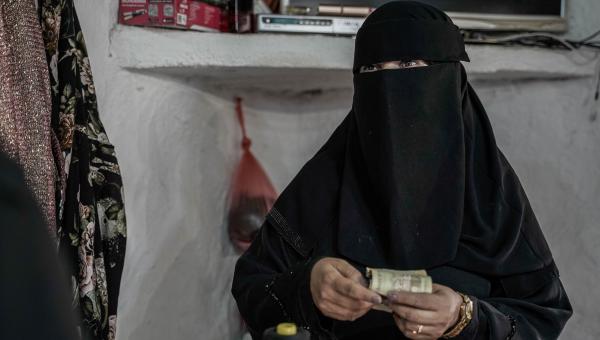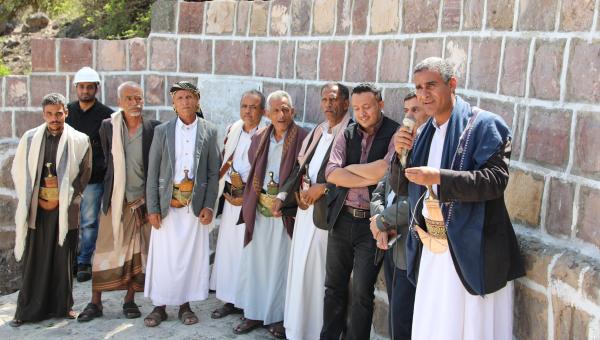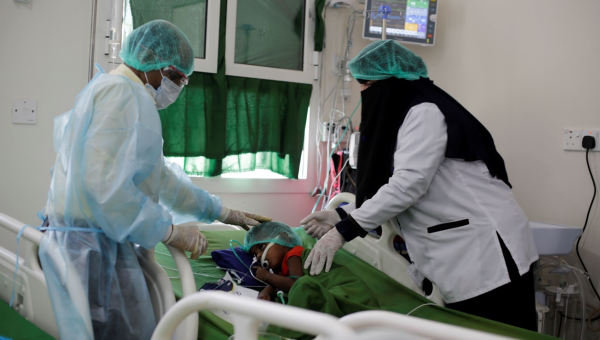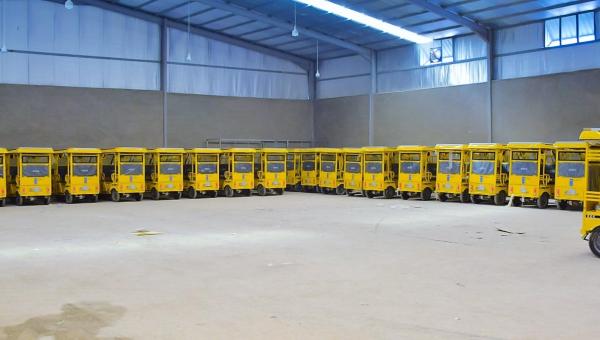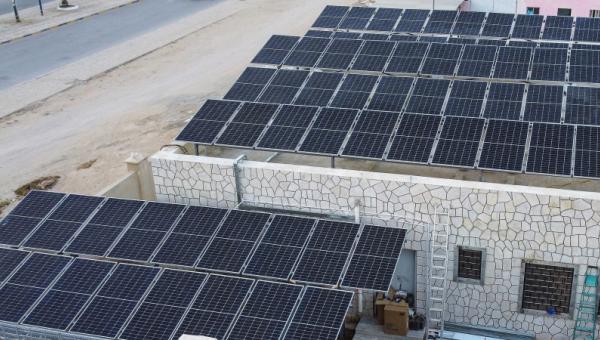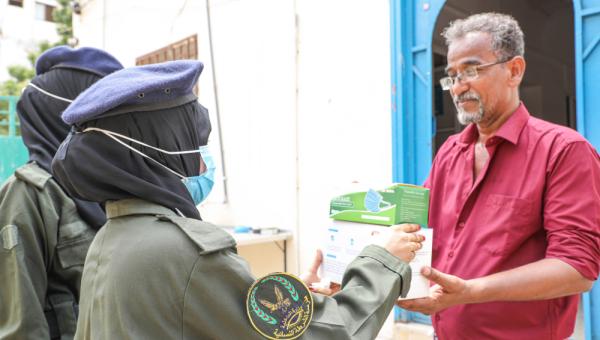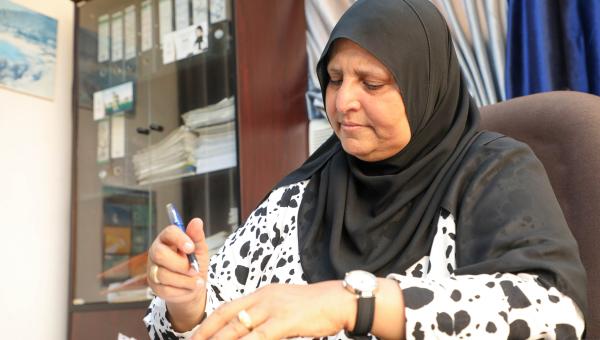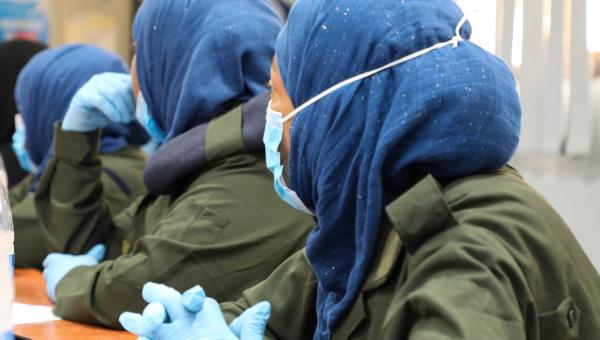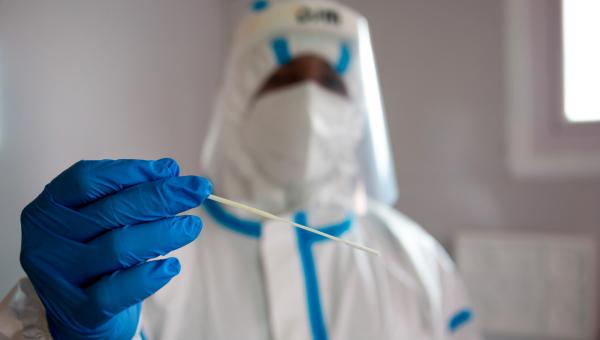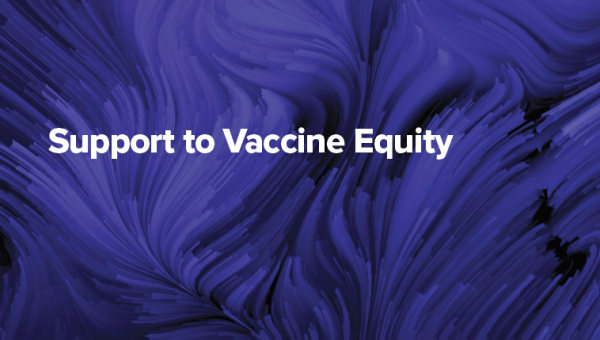
Humanity needs leadership and solidarity to defeat COVID-19
COVID-19 Pandemic
UNDP Yemen Response
Yemen was hit hard by COVID-19 with disproportionate health and socio-economic impacts on women and girls.
In Yemen, UNDP is contributing to the UN COVID-19 response through preparedness, mitigation, and recovery by delivering within four pillars:
1. Strengthening the first line of defense
Strengthening health systems, supply chains, doctors, and nurses at the front lines of defense is key. Protecting heroic health workers – including access to face masks and protective clothing – and strong partnerships with authorities helps ensure Yemenis have equal access and treatment to healthcare.
Led by the UN Resident Coordinator and the World Health Organization (WHO) – and in coordination with the authorities – UNDP supports procuring much needed supplies, rehabilitating critical infrastructure, and delivering critical equipment. To reach across frontlines, we work to empower and strengthen local governance actors through financial and technical support while boosting civil society partnerships to ensure effective service delivery. UNDP Yemen also promotes women’s leadership roles in the COVID national health taskforce.
2. Flattening the curve
Through our programming, UNDP supports the efforts of authorities and WHO to slow the virus’ spread.
3. Protecting now and in the future
To enable a faster recovery, we must continue to strengthen social protection by extending the coverage of existing programmes including food aid, direct cash transfers, cash-for-work, and public work schemes that focus on the most impacted including women and the most vulnerable.
UNDP is working with authorities and implementing partners to scale up existing programming in areas across Yemen.
4. Stimulating the economy
Yemen is already suffering from a collapse of economic infrastructure, unpaid salaries, and a lack of jobs.
UNDP works with the World Bank, European Union, and other partnerships to expand existing, and create new, programmes. We remain committed to creating jobs through our projects, increasing support to micro, small and medium enterprises (MSMEs), supporting local value-chains like farming, and strengthening public-private partnerships.
UNDP provides support to small businesses impacted by the pandemic mostly owned by women to enable sustain their business and have engaged many in the production and marketing of personal protective equipment.
Socio-Economic Impact Assessment
Background and purpose: As a response to COVID-19, UNDP adopted innovative tools to assess the impact on economy and businesses. The MSME DIGITAL socio-economic impact assessment (SEIA) builds a common situational understanding while identifying how many MSMEs have been impacted and outlining their coping strategies.
The SEIA enables rapid data collection and visualization and acts as Decision Support System (DSS) to make evidenced-based decision making. It provides impact assessments and gender sensitive indicators that generate entry points for assistance. It can also serve to build capacity for youth employment and professionals exploring telework or home-based working.
The SEIA serves to identify and prioritize the most vulnerable communities, locations, and sectors that need assistance and support. It also creates space for gender and social inclusion data for recovery and resilience programmes in affected populations.

 Locations
Locations